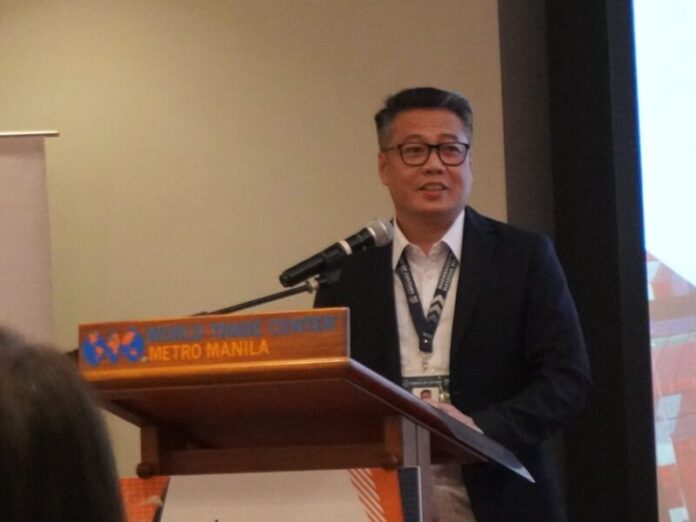
-
Implementing the World Bank-funded Philippine Customs Modernization Project may begin by the first quarter of 2023
-
Acting Customs Commissioner Yogi Filemon Ruiz said he hopes to resolve by the last quarter this year or the first quarter next year a case filed against the Bureau of Customs that is it from moving forward with the PCMP
-
Ruiz said the case has delayed the awarding of contract for the Project Supervision and Quality Assurance Services, a critical first procurement that will jumpstart the PCMP implementation
The Bureau of Customs (BOC) may start moving forward with the World Bank-funded Philippine Customs Modernization Project (PCMP) in the first quarter of 2023.
Acting Customs Commissioner Yogi Filemon Ruiz said he hopes to resolve by the last quarter of this year or first quarter next year a case filed against BOC that prevents it from going ahead with the PCMP.
“My hands are tied because of court orders because…[where] previous suppliers that wanted to provide equipment to the Bureau of Customs, …filed a case against us so I have to resolve it first before I can move,” Ruiz told reporters at the sidelines of the recent Transport and Logistics Forum hosted by the Italian Chamber of Commerce in the Philippines.
“And hopefully [this will be resolved], if not this last quarter, maybe first quarter of next year,” Ruiz said, adding that once the court case has been resolved, the BOC can finally pursue procurement and start implementing the project, which he said will be in tranches.
The case has also affected the awarding of contract for the Project Supervision and Quality Assurance Services (PSQA), Ruiz said. The consulting firm that will be awarded the PSQA will assist in all aspects of the execution and implementation of the PCMP.
RELATED READ: PH customs modernization project encounters a hiccup
The PSQA is a critical first procurement to jumpstart the implementation of the PCMP, including other key procurements.
The PCMP is expected to improve the country’s customs administration via streamlining, automation, and development of a world-class customs processing system (CPS).
The WB Executive Board approved the US$88 million loan for the project in October 2020 while the project was officially launched in March 2021. The project has a total cost of $104.38 million, of which US$88.28 million will be funded through WB’s official development assistance, and the balance to be shouldered by the borrower.
Implementation of the PCMP will complete BOC’s digitalization program, which is now at 91% done. The remaining 9%, Ruiz noted, consists of “very crucial, very critical” processes that are part of PCMP.
Traders, exporters, importers, port operators, shipping companies, and transport providers – many of them small and medium enterprises employing many workers – are expected to directly benefit from PCMP through reduced transaction costs and enhanced predictability and transparency of the clearance process.
The project’s technical design forms an interlocking set of reforms to address the issues and challenges BOC faces, with focus on automation to improve the bureau’s processes and integrated systems.
The CPS will also improve adherence to international standards and conventions on customs processing, provide audit trail for transactions, and allow greater transparency and less opportunity for corruption.
PCMP is also expected to create a simplified, faster, and more user-friendly experience for compliant traders, with the CPS supporting enhanced intelligence in targeting and discovering high-risk cargo as well as compliant traders. This is expected to expand the country’s tax and duty base and “lead to an in increase in government revenue without implementing additional taxes.”
WB country director Ndiamé Diop earlier said that similar customs reform projects by the WB in other countries have led to an actual increase in revenue collection of between 11% and 300%.
BOC, supervised by the Department of Finance, will be the implementing agency responsible for project execution and for ensuring that project development objectives are met.
A project steering committee, chaired by the finance secretary and composed of other agencies critical to the operations of BOC, was created mainly to provide policy guidelines on implementing PCMP. – Roumina Pablo




